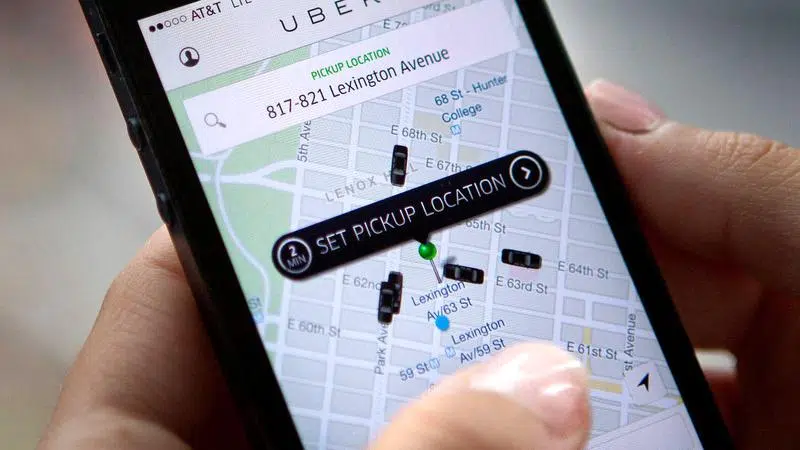
Ride sharing applications exceed expectations, multiple Island options
NANAIMO — The volume of ride sharing applications received has surprised the Passenger Transportation Board.
Eleven companies applied since Sept. 9 to operate in B.C., with seven including Vancouver Island as a desired service area.
Board chair Catharine Read told NanaimoNewsNOW they were concerned about the willingness for companies to venture outside Vancouver.
“At one point we were concerned we’d only get applications for the Lower Mainland, because that’s the most lucrative market. I’m very pleased to see the number of applicants we got, both local and Canadian applicants in addition to global companies like Uber and Lyft.”


